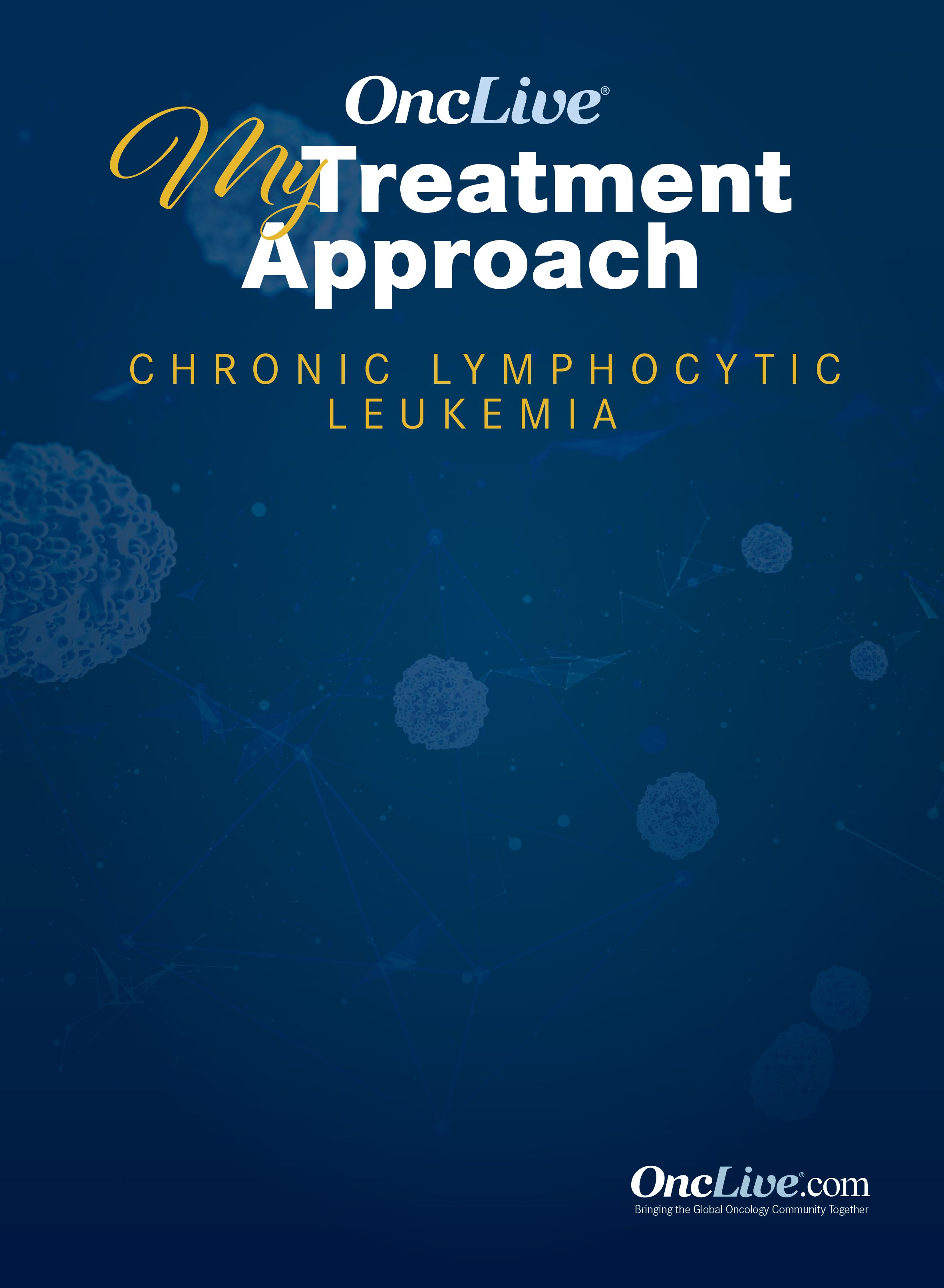Publication
Video
Dr. Awan on Treatment Options in the First Relapsed Setting of CLL
Author(s):
Farrukh Awan, MD, discusses treatment options in the first relapsed setting in patients with chronic lymphocytic leukemia.
Farrukh Awan, MD, an associate professor in the Department of Internal Medicine at UT Southwestern Medical Center (UTSW), and a member of the Division of Hematology and Oncology at UTSW's Harold C. Simmons Comprehensive Cancer Center and William P. Clements Jr. University Hospital, discusses treatment options in the first relapsed setting in patients with chronic lymphocytic leukemia (CLL).
Treating patients with relapsed CLL depends on the therapy the patient has relapsed on, says Awan. Is it chemotherapy, a BTK inhibitor, or a BCL-2 inhibitor? With the current trials that are ongoing, the other considerations are whether the patient has had a time-limited option, if they were off treatment, or whether they relapsed while actively undergoing treatment. These are important factors to consider when talking about the treatment of patients in the relapsed setting.
Looking at chemoimmunotherapy specifically, a patient could have received bendamustine/rituximab (Rituxan); fludarabine plus cyclophosphamide and rituximab; or rituximab alone. If the patient has relapsed following chemoimmunotherapy, then it is an open discussion for next steps, similar to the untreated setting, adds Awan. A BCL-2 inhibitor or a BTK inhibitor can be used, though PI3K inhibitors should be avoided in this setting, Awan explains. Data suggest that acalabrutinib (Calquence) as a single agent may be more effective than the combination ofidelalisib (Zydelig) and rituximab.
If a patient cannot tolerate a BTK inhibitor, then that is a separate issue, Awan says. For those patients, another option is the BCL-2 inhibitor venetoclax (Venclexta). Time-limited duration and comorbid conditions all help make a decision between BCL-2 and BTK inhibitors in the first relapsed setting, concludes Awan.









